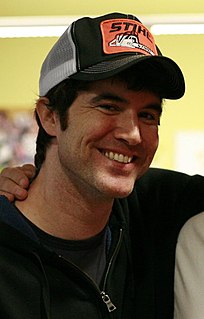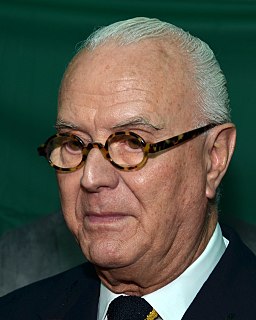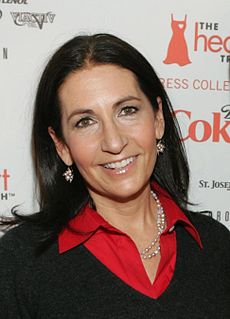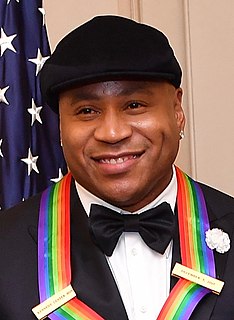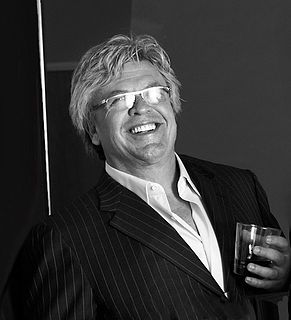A Quote by Kathryn Minshew
It's not just hours and pay that are important anymore. People want to know what the company is like, what the culture is.
Related Quotes
I’m not at peace anymore. I just want him like I used to in the old days. I want to be eating sandwiches with him. I want to be drinking with him in a bar. I’m tired and I don’t want anymore pain. I want Maurice. I want ordinary corrupt human love. Dear God, you know I want to want Your pain, but I don’t want it now. Take it away for a while and give it me another time.
When top executives get huge pay hikes at the same time as middle-level and hourly workers lose their jobs and retirement savings, or have to accept negligible pay raises and cuts in health and pension benefits, company morale plummets. I hear it all the time from employees: This company, they say, is being run only for the benefit of the people at the top. So why should we put in extra effort, commit extra hours, take on extra responsibilities? We'll do the minimum, even cut corners. This is often the death knell of a company.
I'm not very nostalgic, you see. I just don't think anybody has that kind of thing anymore. By culture, by breeding, by whatever, it's not there. The kids today-what the hell are they going to be? I like young people - yes, I do. But when I talk to people at the schools, and they say, "I saw you on the Twit," I don't even know what they are talking about.
I also listened to hours and hours and hours and hours and hours of [J.F.] Kennedy, and I sort of built [ accent]. And then I got on set [of 'J.F.Kennedy' movie ] and forgot it.But that's what you want to do. You want it to just be real. And I think authenticity was better than - people always talk about when an accent doesn't work, and the phrase you always hear is, "It was inconsistent."
You know what they want? They want obedient workers. Obedient workers, people who are just smart enough to run the machines and do the paperwork. And just dumb enough to passively accept all these increasingly shittier jobs with the lower pay, the longer hours, the reduced benefits, the end of overtime and vanishing pension that disappears the minute you go to collect it. And now they're coming for your Social Security money. They want your f**kin' retirement money. They want it back so they can give it to their criminal friends on Wall Street.
I used to believe that you could change the culture or behavior of a company. I still believe it's possible, but it is at least a five to ten year process, if you are successful at all. More recently, I have been attracted to the ideas of the behavioralist, Edgar Schein. Schein has argued that you cannot change the culture of a company, but you can use the culture of a company to create change. It's an interesting approach to overcoming resistance. And if you can change how a company does its work, you might eventually be able to change how its people think.




